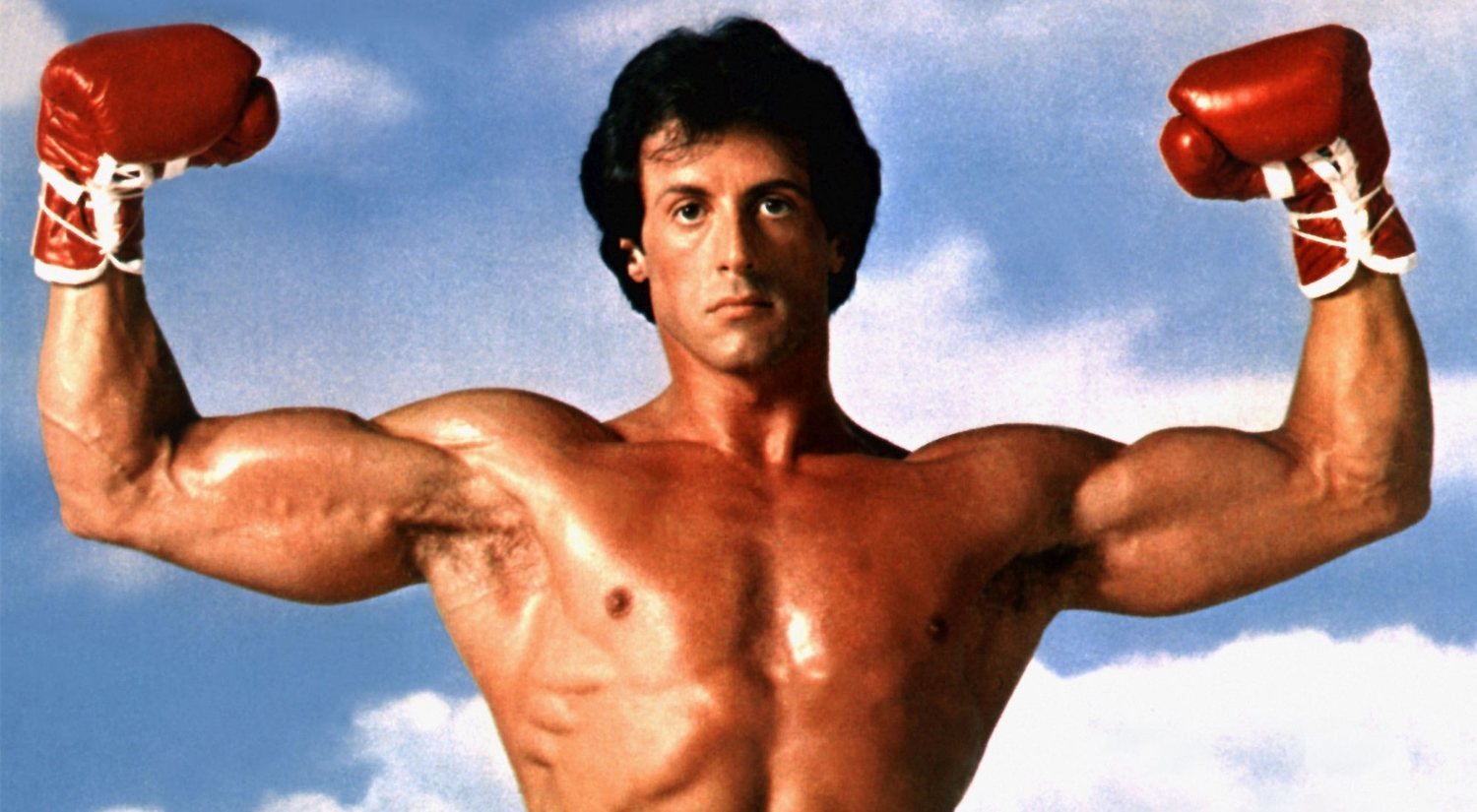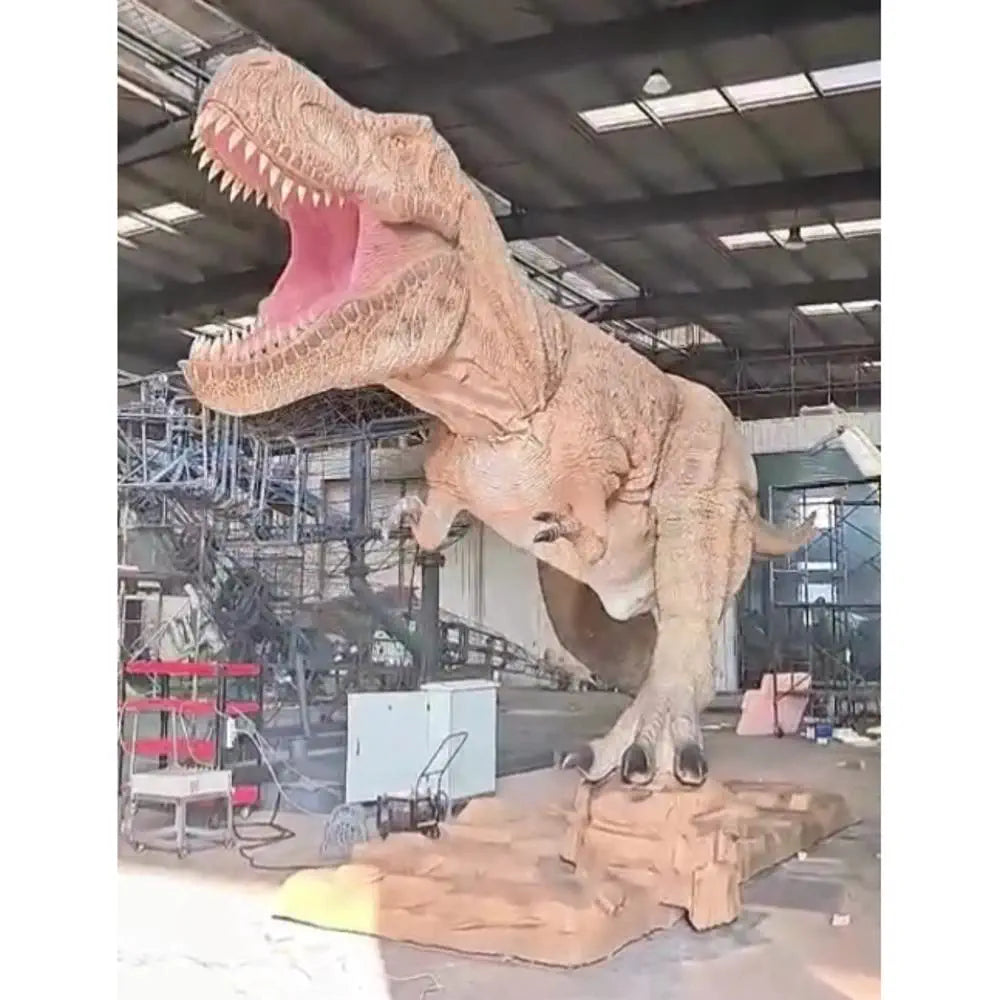The rock music scene mourns the loss of a truly unique personality. Ace Frehley, the iconic guitarist instrumental in shaping the sound and image of Kiss, died at 74, leaving an immense legacy that reshaped hard rock’s trajectory and influenced countless musicians.
The news of Frehley’s death was met with an outpouring of emotion from fans and fellow artists across the globe. Known for his signature “Space Ace” persona and his explosive guitar solos, Frehley was more than just a founding member of Kiss — he was the creative spark that helped propel the band from the New York club scene to worldwide stardom. His passing marks the end of an era for rock music and for millions of followers who grew up with the band’s iconic makeup, electrifying performances, and rebellious energy.
The rise of a rock icon
Born Paul Daniel Frehley on April 27, 1951, in the Bronx, New York, he was raised in a working-class family that valued music and creativity. From an early age, Frehley showed a natural talent for the guitar, teaching himself to play by ear and absorbing influences from blues, rock, and rhythm and blues icons. His unique style combined melody and distortion in a way that few could replicate, and by the early 1970s, his technical skill and charismatic stage presence had already begun to draw attention in New York’s emerging rock scene.
In 1973, an immediate connection was forged when Frehley responded to an advertisement placed by bassist Gene Simmons and rhythm guitarist Paul Stanley. Together with drummer Peter Criss, they established Kiss—a group destined to transform the music scene through its dramatic stage acts, explosive pyrotechnics, and distinctive visual brand. Frehley’s contributions were crucial in defining the band’s sound, serving not only as a guitarist but also as a composer and artist who enriched the ensemble’s iconic persona.
His guitar contributions to tracks such as “Shock Me,” “Cold Gin,” and “Parasite” achieved legendary status. His solos were transformed into breathtaking visual displays through the incorporation of bespoke Les Paul guitars equipped with smoke bombs and lighting effects, thus elevating Kiss performances into events where the boundaries between musical expression and theatrical artistry were indistinguishable.
Creative genius and personal struggles
While Frehley’s artistry was undeniable, his time with Kiss was also marked by inner conflicts, exhaustion, and struggles with fame. The 1970s were a whirlwind for the band, with back-to-back tours, relentless media exposure, and the pressure to continuously outdo themselves. Frehley, who often preferred to focus on the music rather than the spectacle, found himself at odds with the increasingly commercial direction the group was taking.
Despite internal tensions, his contributions remained essential. In 1978, Kiss released solo albums from each of its members, all under the Kiss brand — and it was Frehley’s record that received the most critical and commercial success. His single “New York Groove,” a cover of the Hello song, climbed the charts and became one of his signature hits, reaffirming his individual talent beyond the Kiss persona.
However, the fast-paced lifestyle of touring, recording, and constant public attention took a toll. Frehley struggled with substance abuse and fatigue, leading to his departure from Kiss in 1982. It was a difficult separation for both the band and its fans, as Frehley had been one of its original creative forces. Yet, his exit allowed him to pursue his own musical path, where his passion for raw, guitar-driven rock could flourish without compromise.
Reinventing the Space Ace
Upon his departure from Kiss, Ace Frehley embarked on a solo journey, establishing the group Frehley’s Comet in 1984. This fresh endeavor rapidly garnered attention, as evidenced by records such as Frehley’s Comet (1987) and Second Sighting (1988), which highlighted his unique guitar prowess and compositional flair. While he did not achieve the same level of commercial success as Kiss, Frehley was revered as an individual artist dedicated to genuine expression and creative liberty.
His live performances were personal yet impactful, giving admirers a deeper insight into the individual beneath the “Space Ace” persona. Frehley’s concerts were driven by fervor and appreciation, frequently featuring touching narratives from his formative years and tales from his tenure with Kiss.
In subsequent years, he emerged as a cult figure within the rock scene—a symbol of endurance, uniqueness, and the pure essence of rock ‘n’ roll. He kept putting out records throughout the 2000s and 2010s, including Anomaly (2009) and Spaceman (2018), both lauded for embodying the raw power characteristic of his initial creations.
Legacy within and beyond Kiss
Ace Frehley’s impact on rock guitar is vast. His melodic style, innovative application of effects, and the equilibrium he struck between technical prowess and emotional delivery served as inspiration for numerous musicians. From Slash (Guns N’ Roses) to Dave Grohl (Foo Fighters), various artists have acknowledged him as a pivotal figure in shaping their musical journeys.
Beyond his musical contributions, Frehley’s influence was profound. He was instrumental in defining the rock star archetype as a celestial, dramatic personality—a position that blended musical talent, enigma, and visual narrative. His “Spaceman” identity achieved iconic status in rock lore, influencing not just guitar players but also creatives in the fields of fashion, design, and cinema.
In 1996, following a separation of almost 15 years, the initial Kiss lineup came together again for a global tour. This was a dream realized for countless fans, offering an opportunity to witness the four founding members performing together once more, adorned in their complete makeup and splendor. Frehley’s comeback infused the band’s shows with genuine character and a sense of the past, demonstrating that his dynamic with Stanley, Simmons, and Criss remained captivating.
Despite his eventual departure from Kiss once more in the early 2000s, Frehley cultivated amicable connections with his previous bandmates in subsequent years, conveying appreciation for the heritage they collectively established.
Homages from the {{music}} industry
Following the announcement of his death, tributes poured in from across the music industry. Paul Stanley described Frehley as “a brother in rock whose guitar changed everything.” Gene Simmons referred to him as “a visionary whose playing was the heart of our sound.” Fans gathered outside the original venues where Kiss first performed, leaving flowers, candles, and vintage memorabilia in his honor.
Younger artists also joined in the outpouring of respect. Tom Morello, known for his work with Rage Against the Machine, called Frehley “a pioneer who proved that attitude and innovation could coexist.” Members of bands like Metallica and Foo Fighters shared stories of how Ace’s riffs inspired them to pick up a guitar.
Beyond the realm of rock music, homages appeared. The Bronx, Frehley’s birthplace, displayed images of his “Spaceman” character on the borough hall’s exterior, honoring him as a prominent cultural figure from the region.
A timeless legacy of sound and spirit
Ace Frehley’s passing is more than the loss of a musician — it’s the closing of a chapter in rock history. Few artists have embodied the raw excitement, rebellion, and imagination of the genre the way he did. His music continues to inspire both veteran fans and young listeners discovering the magic of classic rock for the first time.
His artistry reminds the world that music, at its core, is about connection — about the spark that ignites when melody, rhythm, and emotion collide. Frehley’s guitar was that spark for millions, lighting up arenas and leaving echoes that will resonate for decades to come.
Though he may be gone, his influence endures in every chord that carries his spirit forward. From the thunderous energy of Kiss’s early albums to his solo explorations of sound and style, Ace Frehley’s contribution to music remains eternal — proof that true rock legends never fade; they simply ascend to another stage.




